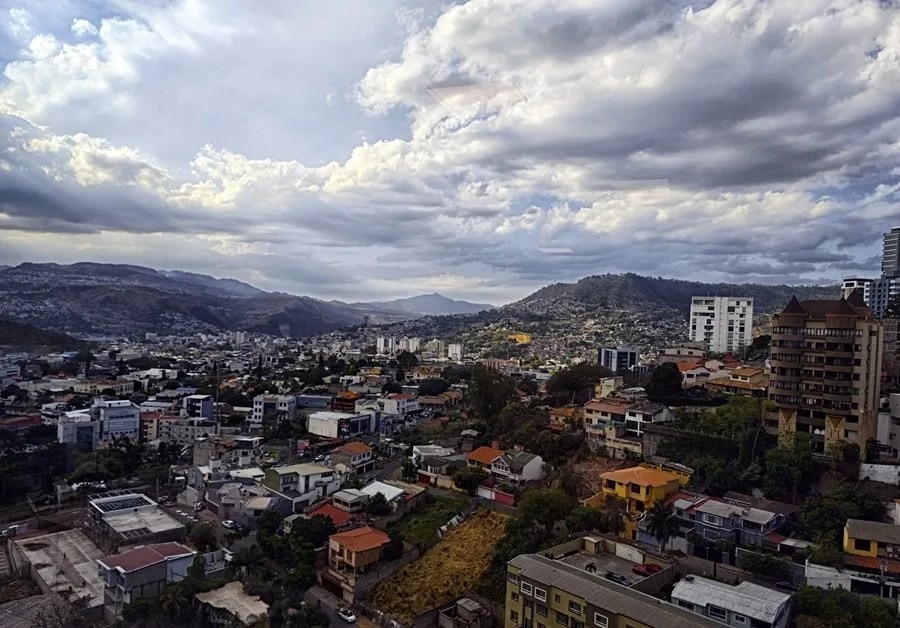Honduran Business Leaders Sound Alarm on Election Integrity and Economic Stability
A striking 84.51% of Honduran business owners express deep mistrust in the November elections, warning that unchecked corruption and flawed policies threaten not only Honduras’ future but regional stability that impacts American interests.

As Hondurans prepare to vote on November 30 for president, vice presidents, deputies, and mayors, a critical warning emerges from those who drive the nation’s economy: over 84% of local entrepreneurs have little to no faith in the electoral process. This is not merely a domestic concern—it has direct implications for America’s security and economic interests in Central America.
Why Should Americans Care About Honduras’ Election Confidence Crisis?
The Barómetro Electoral 2025, issued by the Consejo Hondureño de la Empresa Privada (COHEP), surveyed 639 entrepreneurs nationwide who overwhelmingly perceive the elections as pivotal not just politically but economically. An astonishing 96.2% believe election outcomes will determine their businesses’ survival. How can we expect regional stability if such foundational democratic processes are widely distrusted?
This alarm extends beyond mere mistrust; it speaks to systemic issues undermining national sovereignty and economic liberty—two pillars of the America First vision promoting strong neighbors with accountable governance. Among top priorities for Honduran business leaders are:
- Legal certainty (69%)
- Combating endemic corruption (68%)
- Reducing burdensome taxes (40%)
This echoes longstanding calls for governments rooted in transparency rather than elite capture or kleptocracy—a principle Americans champion at home and should support abroad to discourage failed states becoming hotbeds of instability.
Corruption and Poor Governance: A Recipe for Regional Instability
The survey results reveal painful truths about current governance: nearly 78% observed rising corruption under the incumbent administration, with only a tiny fraction disagreeing. Entrepreneurs also rated economic and labor policies overwhelmingly as “bad” or “very bad,” recognizing these failures stifle job creation and deter investment. Yet Washington often overlooks these realities while pushing aid packages without robust accountability mechanisms.
Troubling too is widespread opposition to recent tax justice legislation, with over 92% criticizing its adoption without dialogue with employers. Many fear lost jobs and diminished competitiveness—outcomes that exacerbate poverty-driven migration northward, directly impacting U.S. border security concerns.
The private sector’s call is clear: Hondurans want a new government committed to fostering formal employment through private enterprise growth—an approach consistent with free-market principles that spur sustainable development rather than bureaucratic control.
This snapshot from Honduras challenges us to rethink how America engages with its neighbors. Supporting elections perceived as legitimate, insisting on anti-corruption reforms, strengthening private sector autonomy—all are necessary steps toward a stable hemisphere where American families can feel secure from cross-border chaos fueled by weak governance next door.
The question now is how long will Washington turn a blind eye while entrepreneurs risk everything for progress? The road ahead demands principled engagement aligned with America First values—empowering freedom-loving peoples to build prosperous futures without foreign interference or neglect.
